How to Choose Efficient Home Window Replacements
When considering efficient home window replacements, you might not know where to start. Not many consumers do! However, it's important to learn because efficiency can lower your energy bill and limit your carbon footprint over time. Want to learn more about how to choose efficient windows? Here are a few things to consider before purchasing window replacements.
- Your community's energy requirements: It's crucial to consider your community's energy requirements when looking at window replacements for your home. Purchasing energy-efficient windows will help reduce your carbon footprint and, ultimately, make your community more sustainable. There are a few things to look for when choosing efficient window replacements, such as windows with a low U-factor, solar heat gain efficiency, and Energy Star certification. By taking into account your community's energy requirements, you help make a difference in the overall sustainability of your community.
- The window glass: If you live in an area with extreme temperatures, you should choose window replacements that will keep your home cool in the summer and warm in the winter. Second, think about the amount of sunlight your home gets. If your home gets a lot of direct sunlight, you should choose a window glass that reduces the amount of heat that comes in. Finally, consider the amount of noise you want to block out. If you live in a busy area, you should choose a window glass that reduces the amount of outside noise. By taking all of these factors into consideration, you can be sure to choose the most efficient window glass for your home replacement needs. Your window installation company can also help you decide which type of glass is right for your home.
- Assess lead paint risk: When considering efficient home window replacements, it's important to assess the risk of lead paint exposure. Lead paint is a serious health hazard, and exposure to dust and lead paint chips causes a variety of health problems, including behavioral issues, learning disabilities, and neurological damage. If you're considering replacing windows in an old home, it's important to have the home tested for lead paint before beginning any work. New frames won't have lead in the paint, but your team will check for this risk when they're taking out old frames.
- Check company history: When searching for an efficient home window replacement company, it is important to consider checking the company's history. It will give you an insight into the company's track record and performance in the past. Additionally, you can use this information to help you make an informed decision about the company.
With all this information in tow, you can start learning a bit more about the details that make energy-efficient windows work!
U-Factor
The U-factor determines how much a window conducts heat. According to the U.S. Department of Energy, many windows have a U-rating ranging between 0.2 and 1.2. It's essential to think about this factor when searching for efficient window replacements. You can find the window's U-factor on its Energy Star label or by asking your team of window installers. In a hot climate, you should choose windows with a high U-factor and a low solar heat gain coefficient. These energy-efficient windows are a great way to save money on your energy bills. They also make your living space comfortable year-round. When shopping for new windows, consider the U-factor to find ideal windows for your area's climate.
Solar Heat Gain Coefficient
Another important factor to consider when choosing replacement windows for your home is the solar heat gain coefficient. This is a unit of measurement used to determine the level of solar radiation admitted into the home and is typically expressed as a number ranging from 0 to 1. The lower the solar heat gain efficiency, the less solar heat admittance into your home. The window label also briefs you about the window's solar heat gain coefficient.
Windows with a low solar heat gain coefficient are beneficial in hot climates, as they help maintain coolness in a home by blocking out the sun's rays and heat. They also help to reduce energy costs, as your home will use less air conditioning to make it comfortable. If you're considering replacing your windows, be sure to ask about the solar heat gain efficiency and purchase a product with a low solar heat gain coefficient to help keep your home comfortable and reduce energy costs.
Visible Transmittance
You've probably never heard the term visible transmittance before. Visible transmittance measures how much light can pass through the windows and is a crucial factor in determining how energy efficient the window is. There are a few different ways to measure visible transmittance, but a more common method is measuring the amount of light able to pass through the window at a wavelength of 550 nanometers. This light wavelength is visible to the human eye and indicates how much light can pass through a window. A window's visible transmittance ranges from 0 to 1, with a high visible transmittance indicating a more energy-efficient window. When choosing replacements for your windows, it's vital to consider their visible transmittance and other energy efficiency ratings.
Air Leakage
Air leakage is a big way to waste money and energy. Even the most energy-efficient windows are less effective if they are not insulated and sealed. Ensure you choose windows certified by the Energy Star program to confirm they meet strict energy-efficiency guidelines. Air leakage is also a problem for older windows, so you should inspect and repair them if necessary before replacing them with efficient ones. A professional window installation team can help you with this if you’re worried about draftiness during the winter.
Condensation Resistance
When selecting efficient home window replacements, condensation resistance should be kept in mind. Windows that aren't sealed properly or have gaps can allow moisture to seep in, which leads to condensation and eventually mold growth. This is especially important for those who live in humid climates like Florida. In addition to causing damage to your home, mold can also be a health hazard. Therefore, it's important to choose windows that will seal tightly and resist condensation. As mentioned before, the lower the U-factor, the better the window will be at keeping the heat out during the summer. This also affects condensation! Energy-efficient windows can help you save money on your energy bills and make your home more comfortable year-round.
Window Installation
Replacing windows can be a big project, and if done incorrectly, it'll lead to energy inefficiency and drafts. This can happen no matter what windows you choose! Proper installation is key to ensuring your new windows are as efficient as possible. A reputable installation team should be licensed and have ample experience with the windows you choose. Always do your research before settling on a window installation team.
By keeping these things in mind, you can be sure that your home window replacement project will be successful and long-lasting. If you're looking for efficient window replacements for your home, reach out to us at Eicher's Pro Vinyl today. We'll provide you with quality and suitable window replacements that match your preferences and home's style.

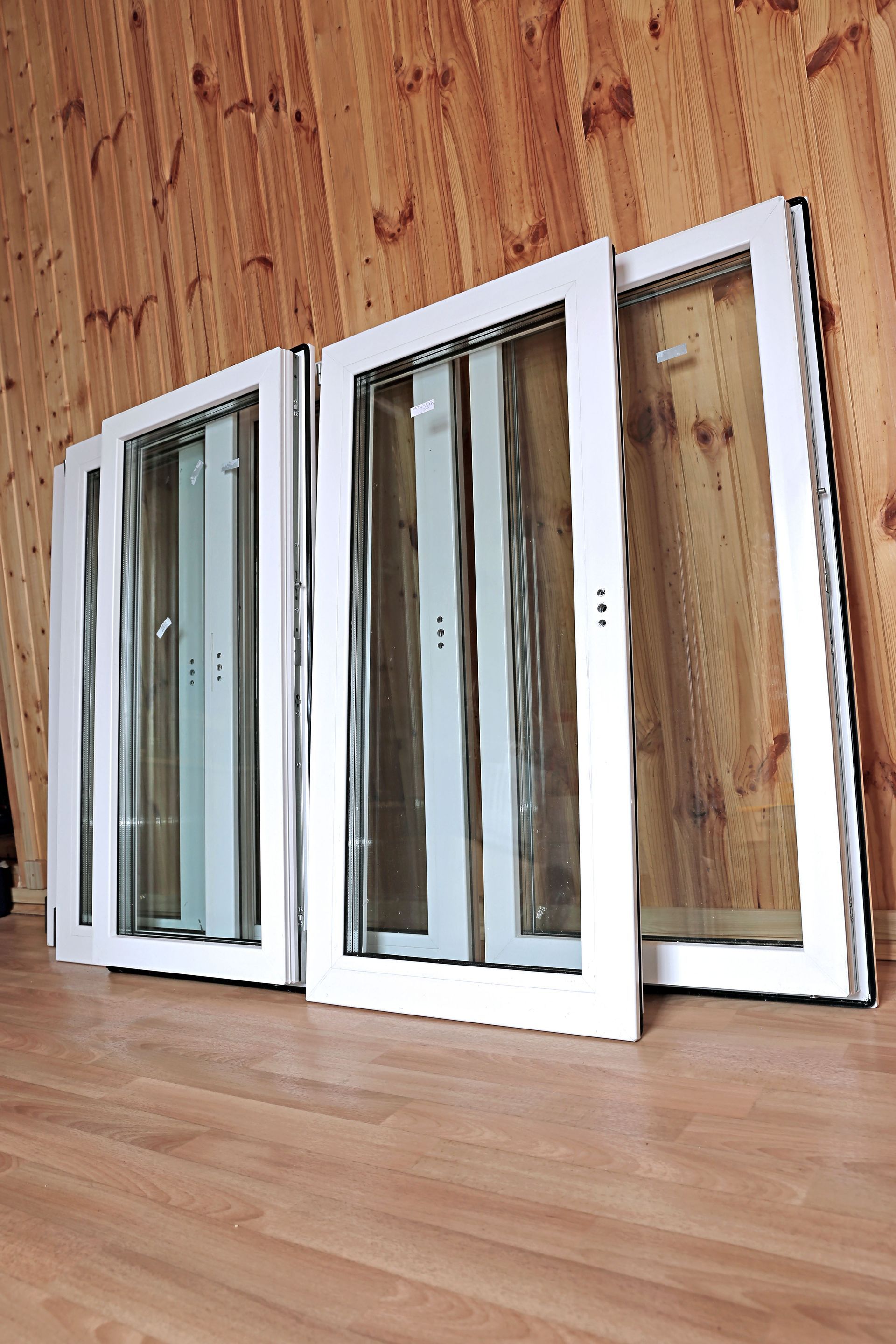
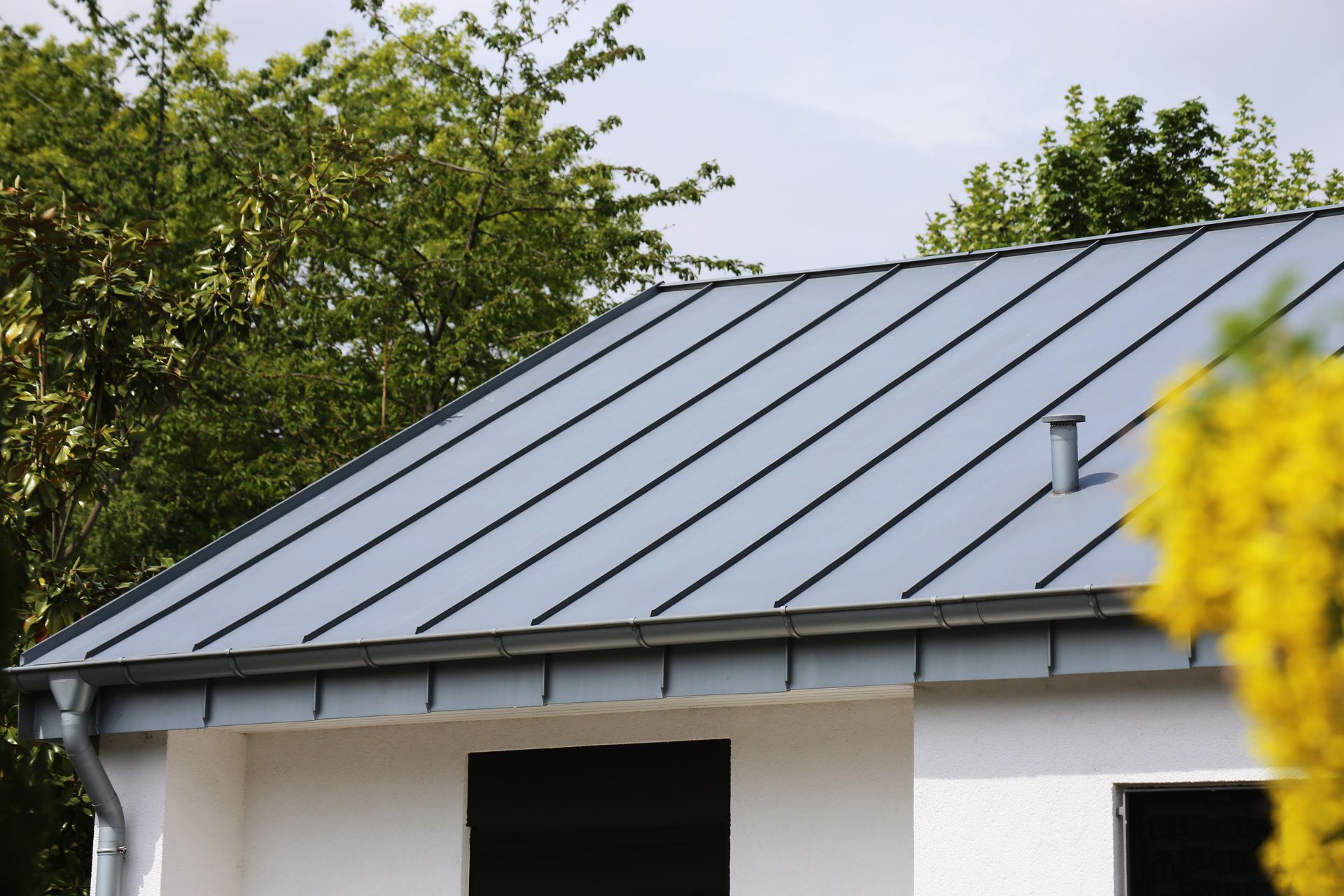
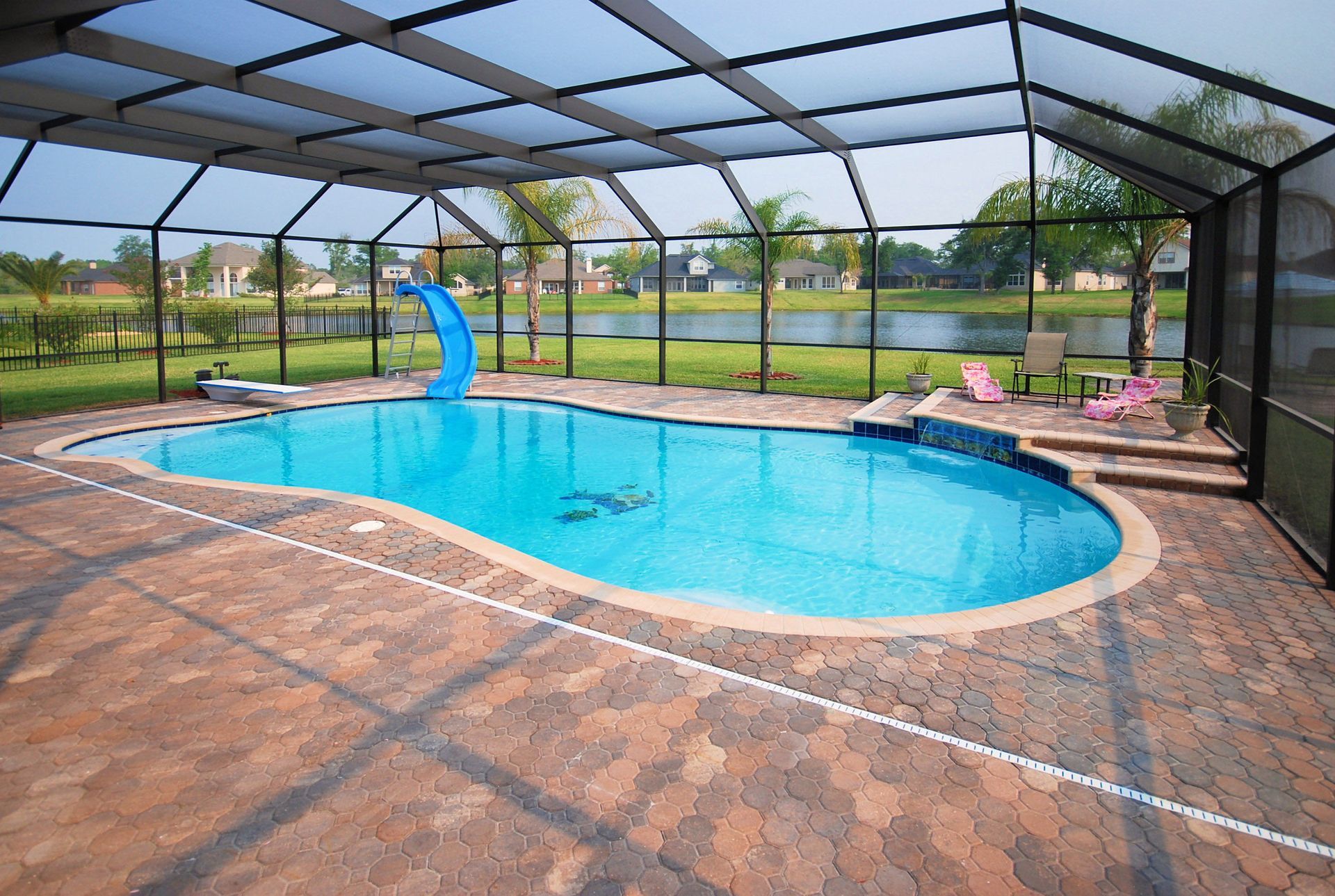

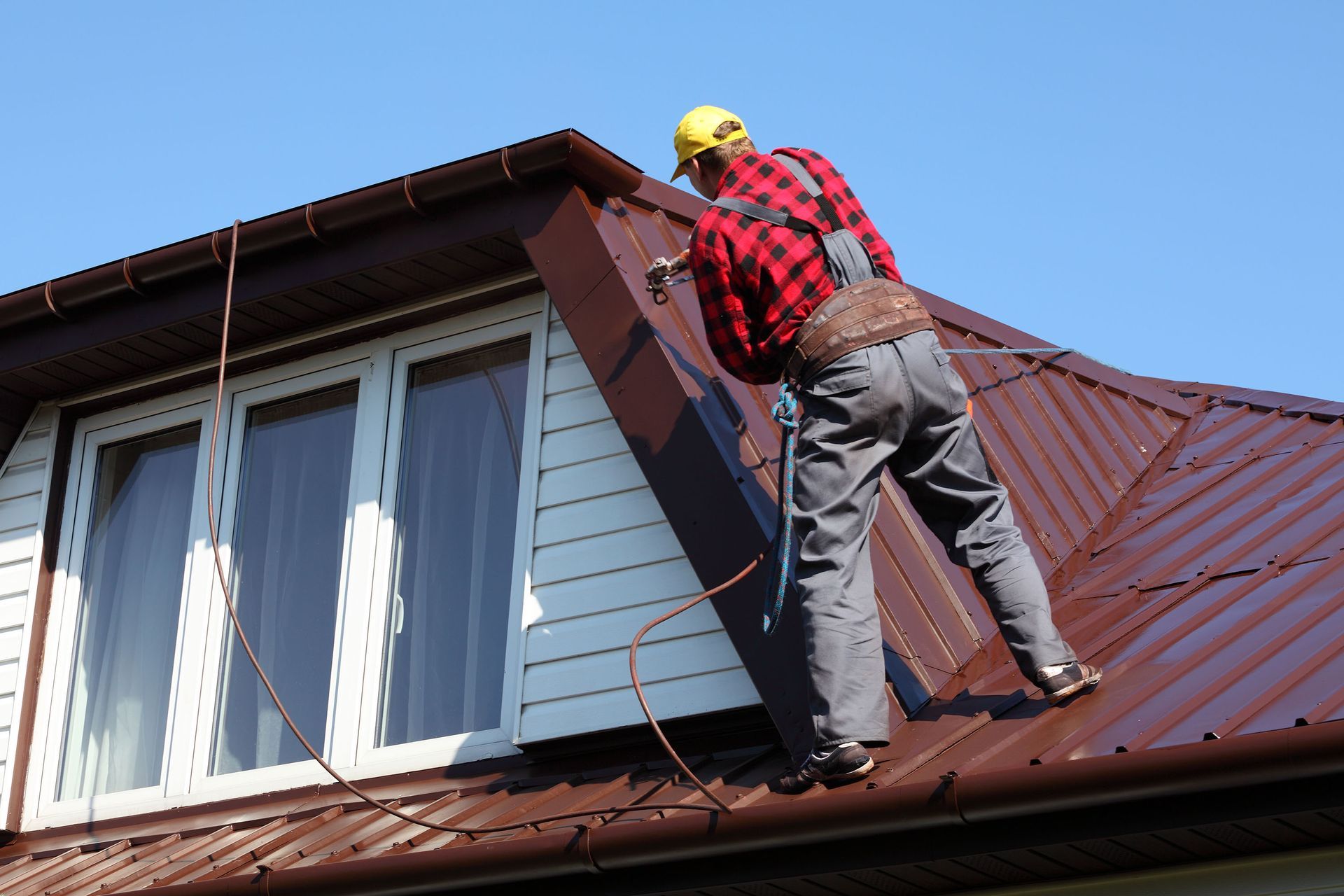
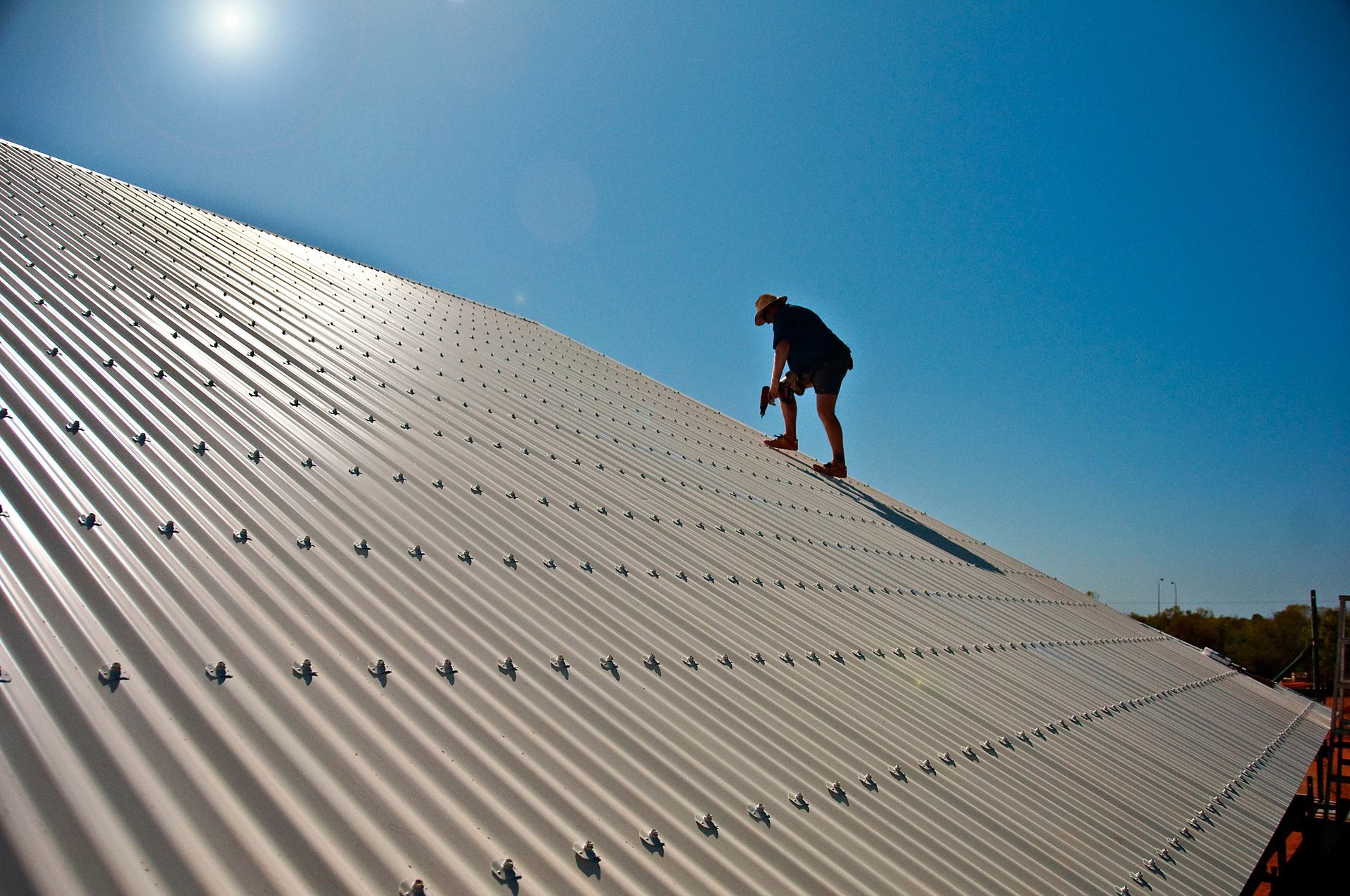
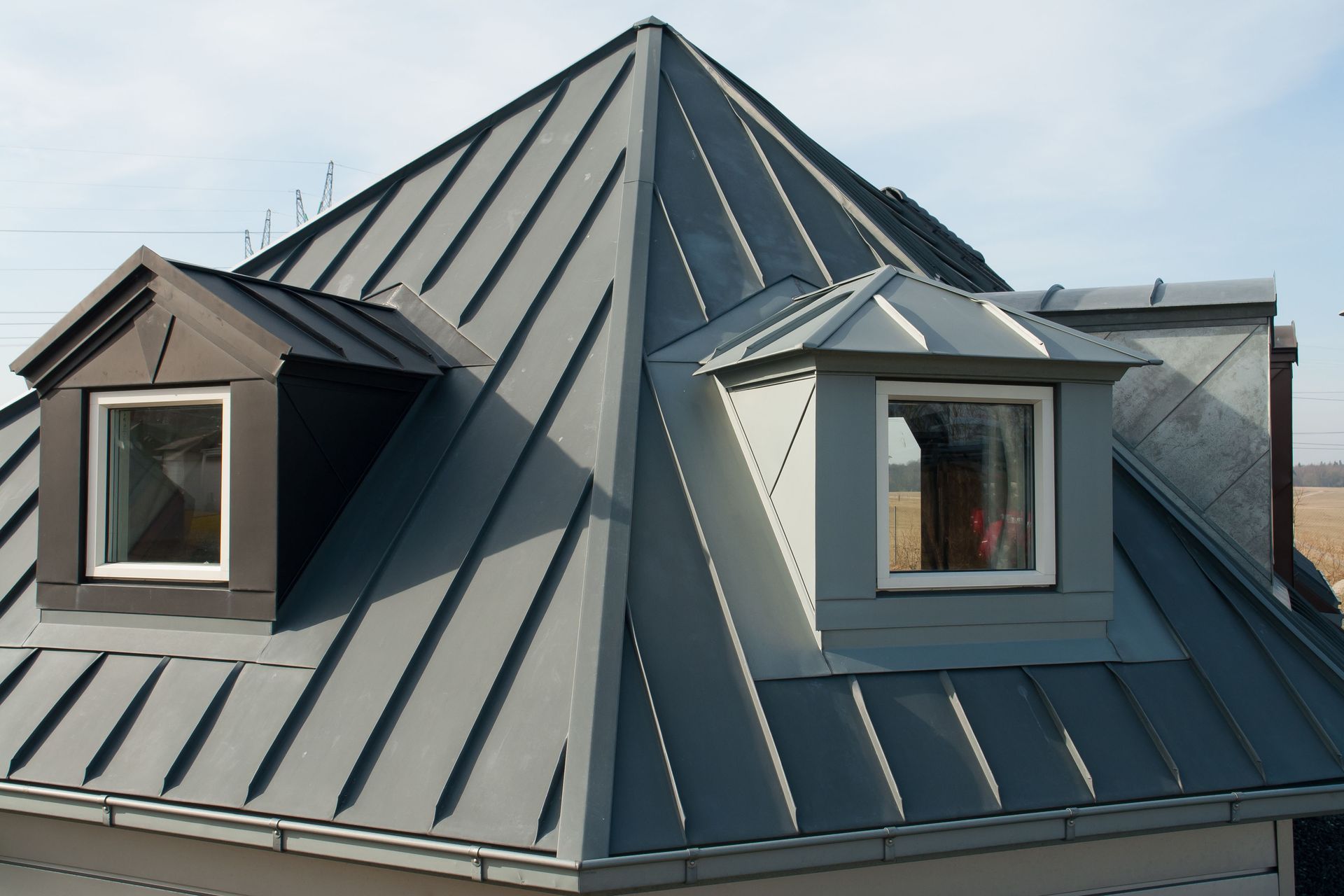
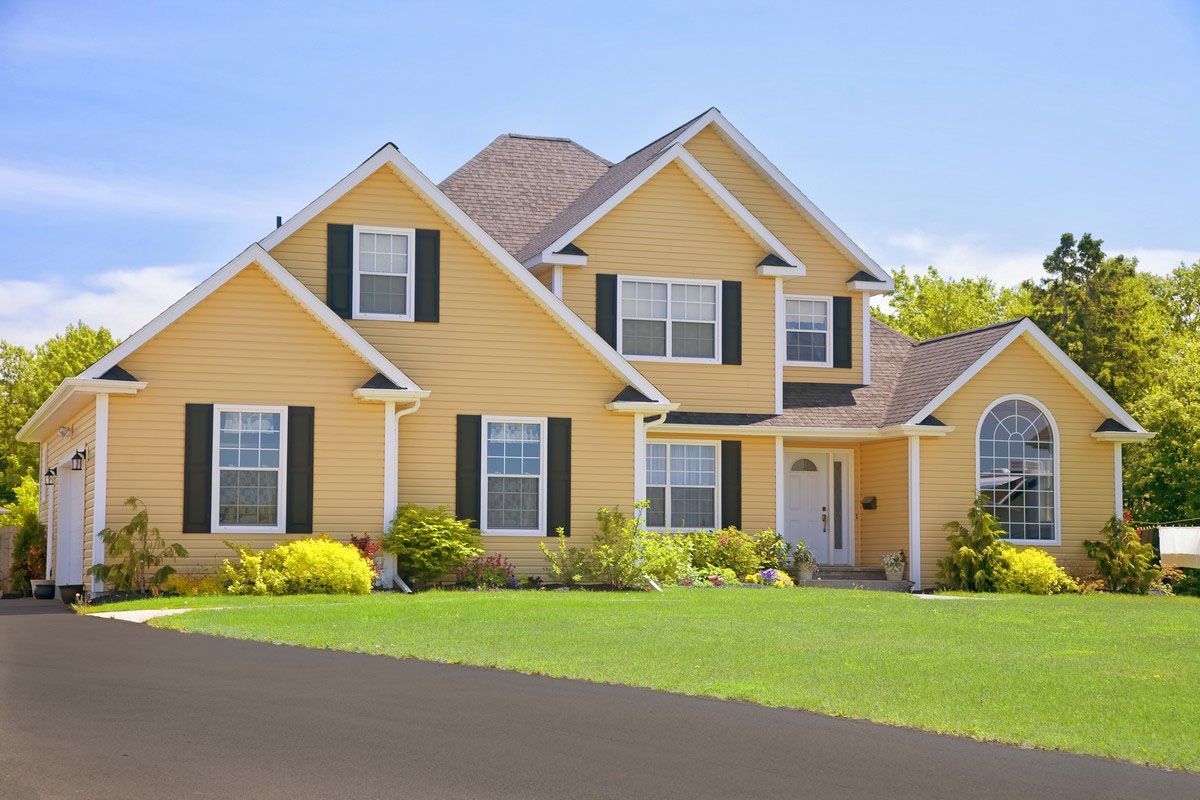
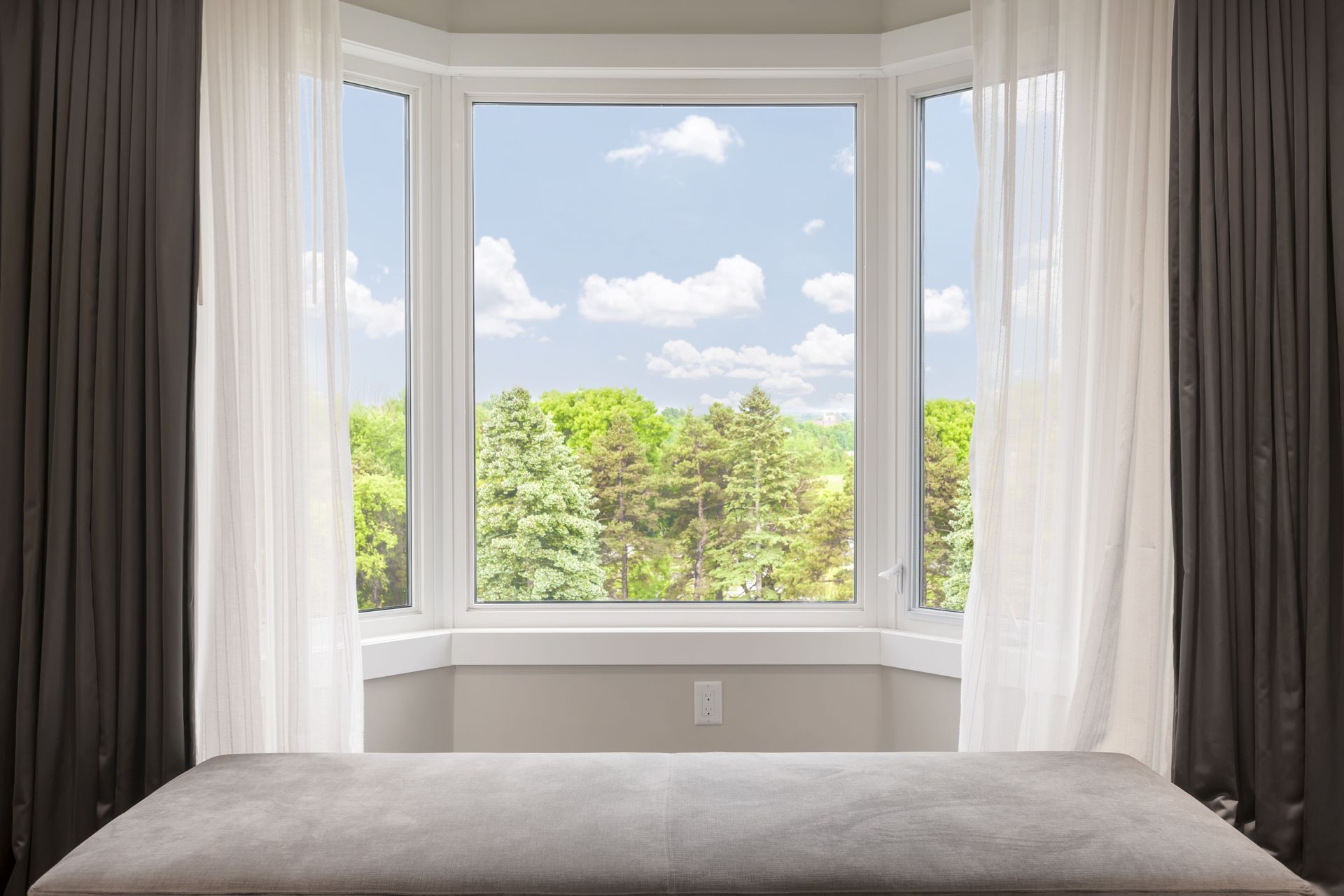

Share On: